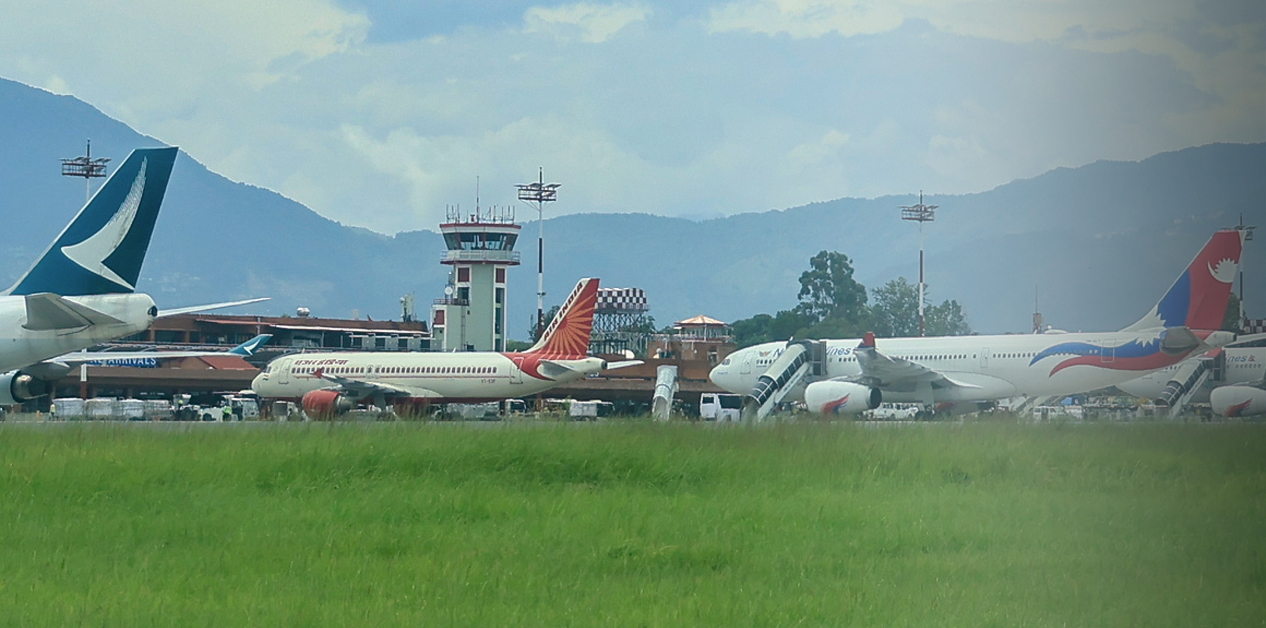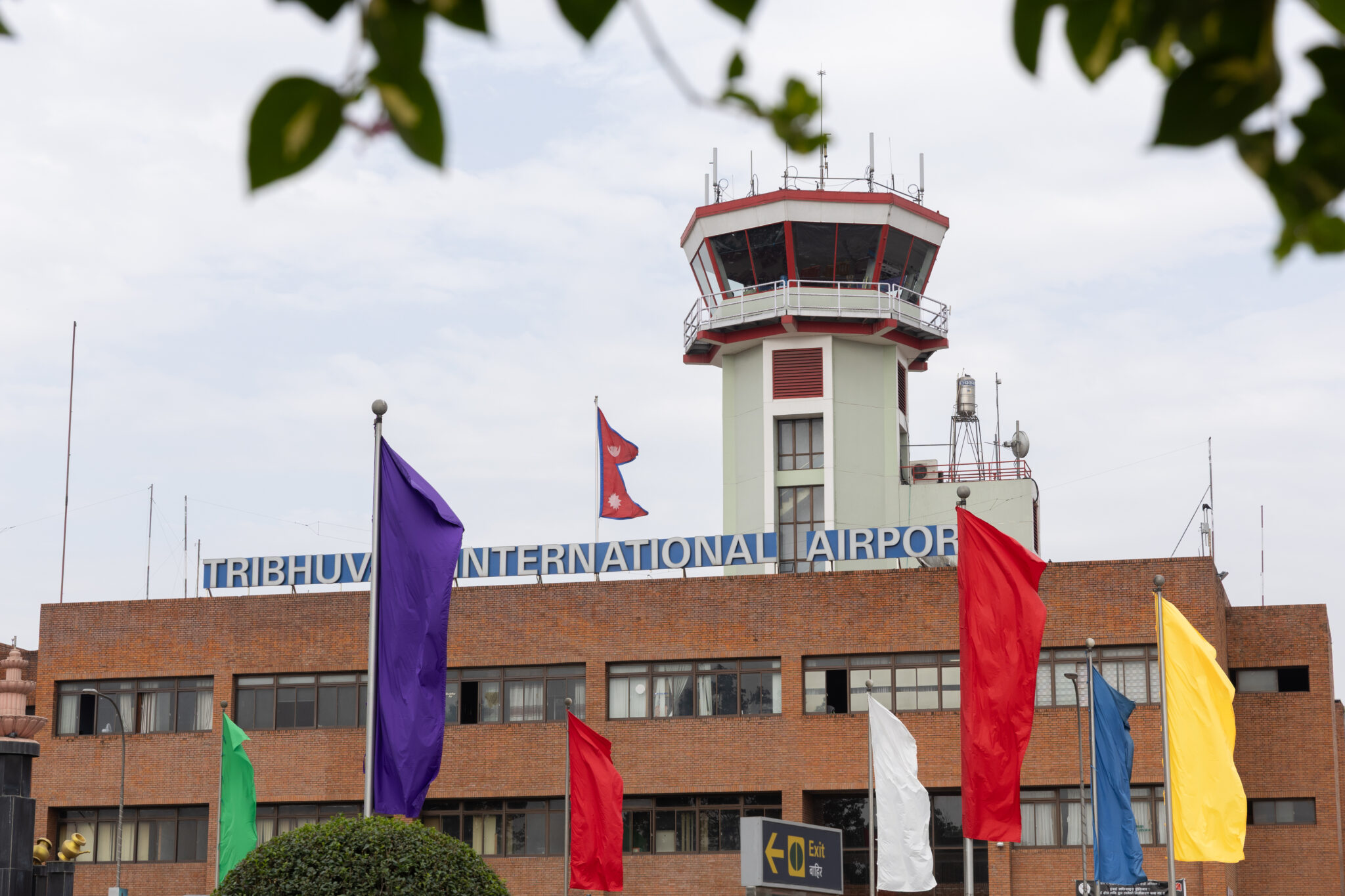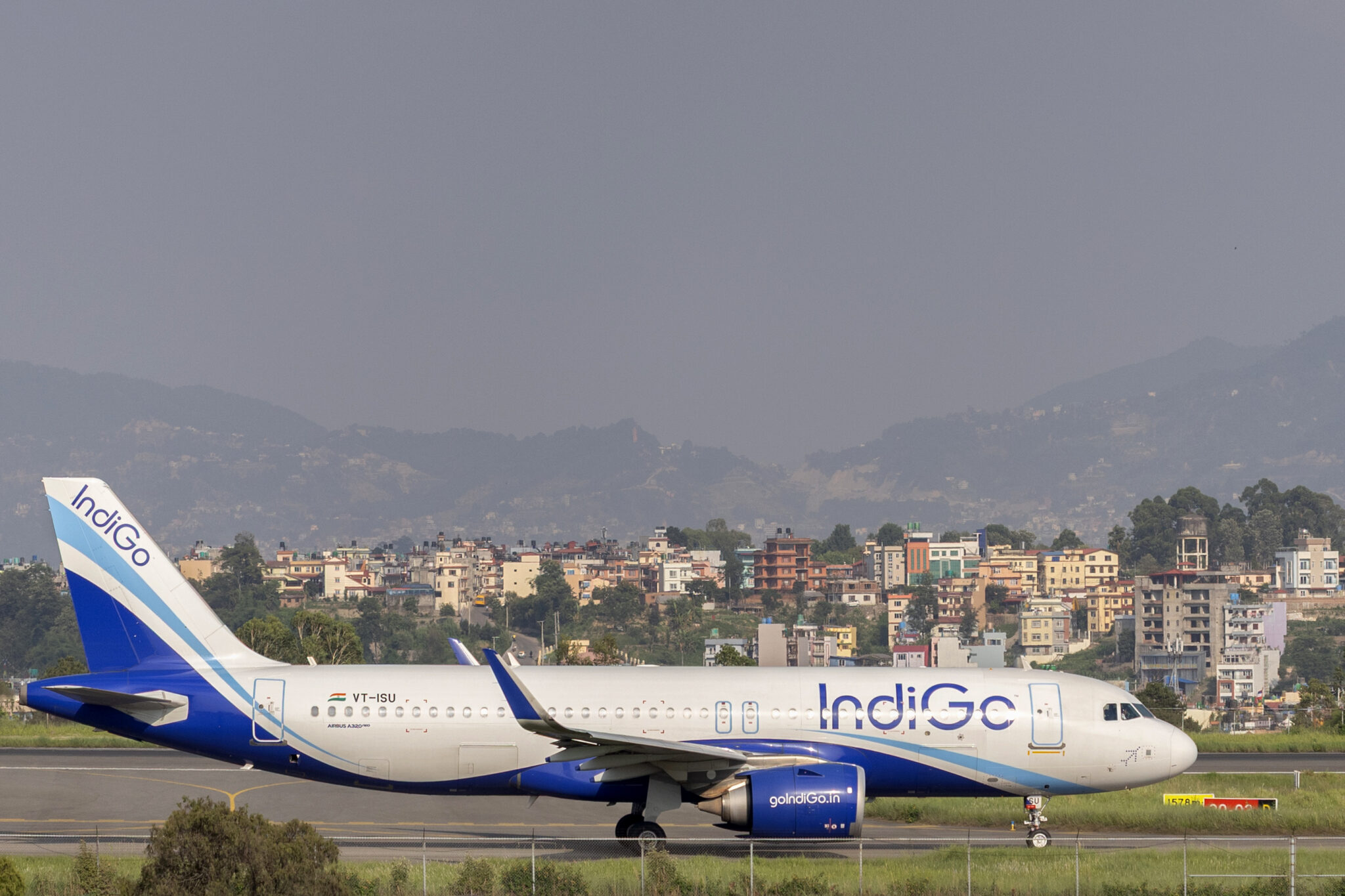
Indian airlines are losing business due to repeated mistreatment of Nepali passengers.

KATHMANDU: Shambhavi Adhikari, a student of Master of Public Health at B.P. Koirala Institute of Health Sciences, Dharan, was scheduled to go to Berlin, Germany, to participate in the ‘World Health Summit.’
She flew from Kathmandu to Delhi on Air India. Her plan was to take a Qatar Airways flight from there to Berlin. This was because traveling via Delhi was the cheapest option for her.
All necessary documents were ready, but she was harassed at the airport. Staff asked her unnecessary questions, bothered her, and even tore up and threw away her boarding pass. Not only that, she was not allowed to board any other airline. She told Nepal News that she had to endure abuse like a criminal for eight hours at the Delhi airport.
Later, the Nepali Embassy rescued her, and Nepal Airlines brought her back to Kathmandu. She says, “After that incident in the morning, I was not allowed to leave the premises all day. I was only able to return to Nepal in the evening.”
The very next day after returning to Nepal, she reached Berlin via Doha without any obstruction. She did not experience such behavior anywhere else while traveling to and from Berlin. She says, “In Delhi, I was suspected because I was a Nepali passport holder. Because I was a citizen of a small country, I was viewed as a potential risk.”
Shambhavi is neither the first nor the only person to face such harassment at Delhi airport. She experienced this herself. Shambhavi states that three days after her incident, a Nepali government official and two people working for a non-governmental organization also endured similar harassment.
Many others are found to have suffered abuse like her. This is not a new pain for Nepalis; such harassment has been happening at the airport for many years now.
Therefore, Nepali air travelers prefer not to travel through Delhi if possible. For example, scientist Samir Mani Dixit has not used that airport since facing harassment while going to Switzerland a decade ago. He says, “I will never go via India.”
Journalist and writer Amrita Lamsal is a victim of an even older incident. She has reportedly vowed never to take that route. She says, “I will never travel via Air India and Delhi in my lifetime.”
Such frequently publicized incidents are creating a ‘negative branding’ of Indian airlines and airports among Nepalis. This is despite the fact that Nepalis traveling to a third country via India get comparatively much cheaper tickets. Shambhavi was also going after finding such a cheap ticket, but she faced harassment.
This incident has further created an atmosphere of fear among Nepalis about Indian airports and added to the negative sentiment towards them. Laxmi Rai, who lives in Itahari (Nepal) and resides in the UK, travels back and forth to Nepal every year. She says, “After hearing about Shambhavi’s incident, I was afraid to take that route. I will never travel via Delhi again.”

Tribhuvan International Airport. Photo: Bikram Rai
One does not have to look far within Nepal to find examples of the commercial impact on Indian airline companies. K.B. Limbu, former General Manager of Nepal Airlines Corporation, is one such example. Recently, his son had to go to London.
Traveling via Air India through Delhi was seen to be cheaper by more than Rs 25,000. However, remembering the treatment at Delhi airport, he decided to travel on a more expensive flight. Limbu says, “I gave up the Air India ticket for Rs 62,000 and sent him via Kuwait Airways, paying Rs 90,000.”
Yes, tickets for Indian airlines are comparatively very cheap. After Air India, which has the most extensive network of destinations, was privatized and taken over by the Tata Group, efforts are being made to brighten its image. The new management has prioritized competitive pricing, increase in destinations, assurance of flight times, employee behavior with customers, and improvement of other services.
Similarly, IndiGo Airlines, another major private sector airline company in India, has also relied on increasing destinations and competitive services, facilities, and prices to increase its market share.
For Nepalis traveling to third countries, the ticket price via Delhi is sometimes half the price compared to other routes.
According to Mani Bhujel, the operator of Purwanchal Holiday Travel Agency, tickets for third countries from Nepal are slightly more expensive due to the addition of 13 percent VAT. Similarly, he believes the difference in ticket prices is due to the greater number of airlines and flights to other countries in India.
Nepali passengers traveling to America, Europe, Australia, and Japan from Nepal prefer and use airlines from Qatar, UAE, Oman, Kuwait, Turkey, China, Korea, Singapore, and Malaysia, whenever possible. Rajesh Pokharel, the operator of Darshan Namaste Travels, says that students traveling to third countries experience more hardship at Delhi airport. According to him, 60 percent of students going to a third country refuse to go via Delhi.
Air India operates seven daily flights from Nepal to various destinations in India. Out of these, there are three daily flights from Kathmandu to Delhi, and regular flights to Mumbai, Kolkata, and Bangalore. Similarly, IndiGo Airlines operates three daily flights, Spice Jet operates one, and Air India Express operates one flight from Kathmandu.
Air India operates 600 daily flights, including domestic and international. It operates more than 500 weekly flights to 43 destinations in countries including the US, Europe, Australia, Japan, and Korea. IndiGo Airlines also flies to 40 international destinations.

IndiGo Airlines aircraft. Photo: Bikram Rai
If only the harassment of Nepalis at Indian airports were controlled, the benefit would go to the Indian airline companies themselves. Additionally, it could provide an option for Nepalis to travel at cheaper rates. However, for this, the initiative of the Indian side seems necessary.
Joint Secretary Lok Bahadur Paudel Chhetri, spokesperson for the Ministry of Foreign Affairs, says that after receiving information about the repeated harassment of Nepalis at Indian airports, efforts are being made to understand the matter closely. According to him, the Nepali Embassy in India is inquiring about this matter with Air India, Immigration, and others. He says, “Discussions are underway with all parties to prevent such incidents from recurring.”
In the Shambhavi case, the Indian Ministry of Home Affairs had to issue a press statement last week saying that the Indian Immigration Department was not at fault. However, instead of deciding the guilty or innocent, if the Indian government itself studies/conducts a study on why Nepalis are harassed at Indian airports and implements the recommendations, it can win the trust of Nepali passengers, and that can also increase the business of Indian airline companies.
Former General Manager of Nepal Airlines, Limbu, says, “In countries with a corporate culture, vigilance is maintained because of the commercial impact, but in India, they do not seem to understand that such behavior is also affecting their business. If they had calculated that, Nepali passengers would not have been harassed.”